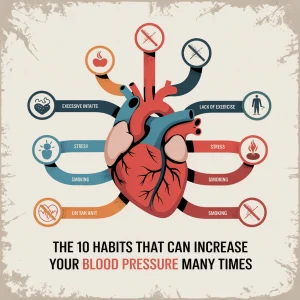The potential for weight loss varies for each individual and depends on various factors. The following are key factors that play a significant role in weight loss:

- Diet and Nutrition:
- Balanced Diet: Consuming a healthy and balanced diet that includes a combination of proteins, fiber, vitamins, and minerals can aid in weight loss.
- Calorie Control: Reducing calorie intake and choosing healthy foods, such as vegetables, fruits, whole grains, and low-fat dairy products.
- Avoiding Fast Food and Processed Food: Staying away from foods high in fat and sugar.
- Physical Activity:
- Regular Exercise: Engaging in at least 150 minutes of moderate-intensity aerobic exercise per week, such as walking, cycling, or swimming.
- Increased Physical Activity: Incorporating physical activities into daily routines, such as taking the stairs and walking more.
- Lifestyle Changes:
- Adequate Sleep: Sleeping 7-9 hours each night, which helps regulate metabolism.
- Stress Management: Reducing stress and maintaining mental peace through practices like meditation and yoga.
- Hydration: Drinking enough water.
- Medical and Hormonal Factors:
- Medical Conditions: Certain health issues, such as thyroid disorders and polycystic ovary syndrome (PCOS), can hinder weight loss.
- Medications: Some medications can cause weight gain, and in such cases, consulting with a doctor is advisable.
- Personal Motivation:
- Setting Goals: Establishing specific and realistic goals and taking effective steps to achieve them.
- Support System: Seeking support from family, friends, or weight loss groups.
- Genetics:
- Genetic Influence: Genetic factors also play a role in weight loss. Some people may have a genetic predisposition to higher body weight.
The potential for weight loss primarily depends on an individual’s lifestyle, dietary habits, physical activity, and personal attitude. Anyone can achieve weight loss by following the right methods.
Read More » 5 reasons why blood sugar rises










